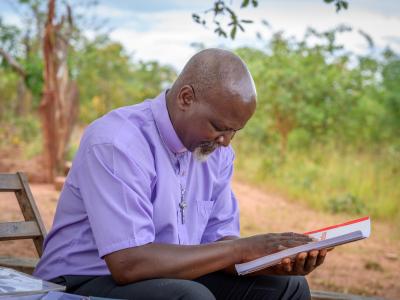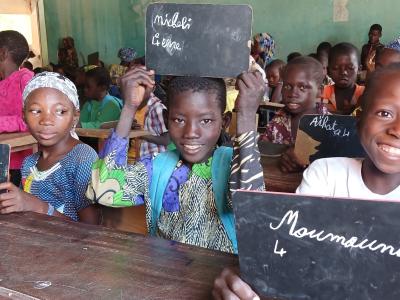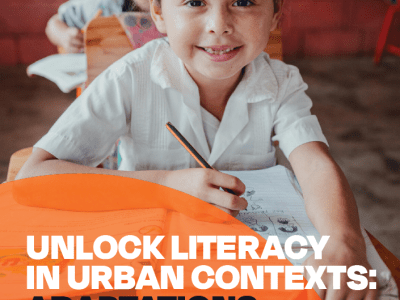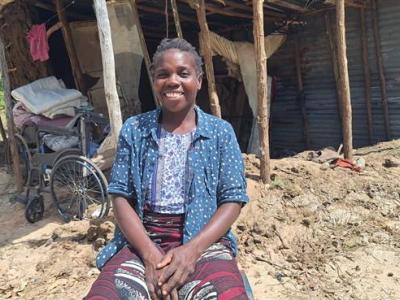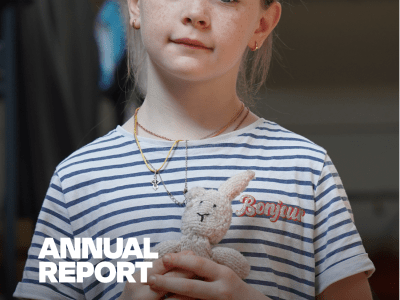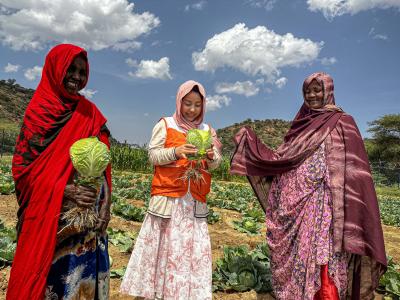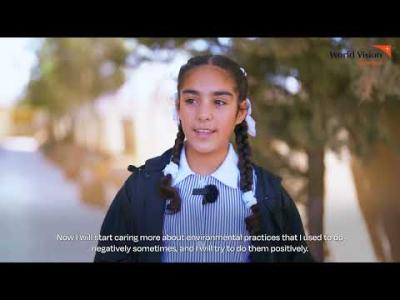opinion / February 10, 2026
Peacebuilding: How faith leaders can be catalysts for change
Discover why locally rooted, conflict‑sensitive peacebuilding, especially through trusted faith leaders, is essential for lasting stability in fragile contexts.
article / February 13, 2026
Unlock Literacy approach transforms reading learning
Unlock Literacy approach transforms learning to read Unlock Literacy (UL) is an educational program developed by World Vision to improve reading skills from primary school.
opinion / February 9, 2026
Staying True in a Changing Landscape
In shifting humanitarian landscape, World Vision must discern when to enter and exit, staying true to its mission of justice, resilience, and hope.
publication / January 8, 2026
Unlock Literacy in Urban Contexts: Adaptations, Lessons, and Implications
Unlock Literacy boosts children’s reading in fragile urban settings through flexible, inclusive models, local partnerships, and adaptive learning approaches.
article / February 19, 2026
After the Flood in Guijá, Mozambique: Constância’s Story of Rebuilding
After devastating floods in Mozambique, Constância, a mother with a disability, relies on World Vision for emergency aid and recovery.
publication / February 18, 2026
Annual Report 2025: Standing With Children Through Four Years of War in Ukraine
As the Ukraine Crisis Response enters its fifth year, the war continues to devastate millions of lives, particularly children. Over the past four years, World Vision Ukraine has reached more than 2.3 million people, including over 1 million children, providing critical support in education, mental health, protection, cash assistance, livelihoods, basic needs services and winterisation.
opinion / November 17, 2025
Faith Matters – Driving Inclusive Development in Fragile Contexts
In fragile and conflict-affected settings, children and women often bear the brunt of overlapping crises: hunger, poverty, and violence collide to create unimaginable hardship.
video / February 20, 2026
Bringing Nature to Children: A Mobile Environmental Museum Inspires Hope in Vulnerable West Bank Communities
In 2025, the Green Palestine Project brought the Mobile Environmental Museum to 40 vulnerable communities across the West Bank in 2025. Through 80 hands‑on visits, the Mobile Museum reached more than 10,000 children and 1,200 adults, offering an engaging introduction to Palestine’s biodiversity, natural heritage, and climate challenge
